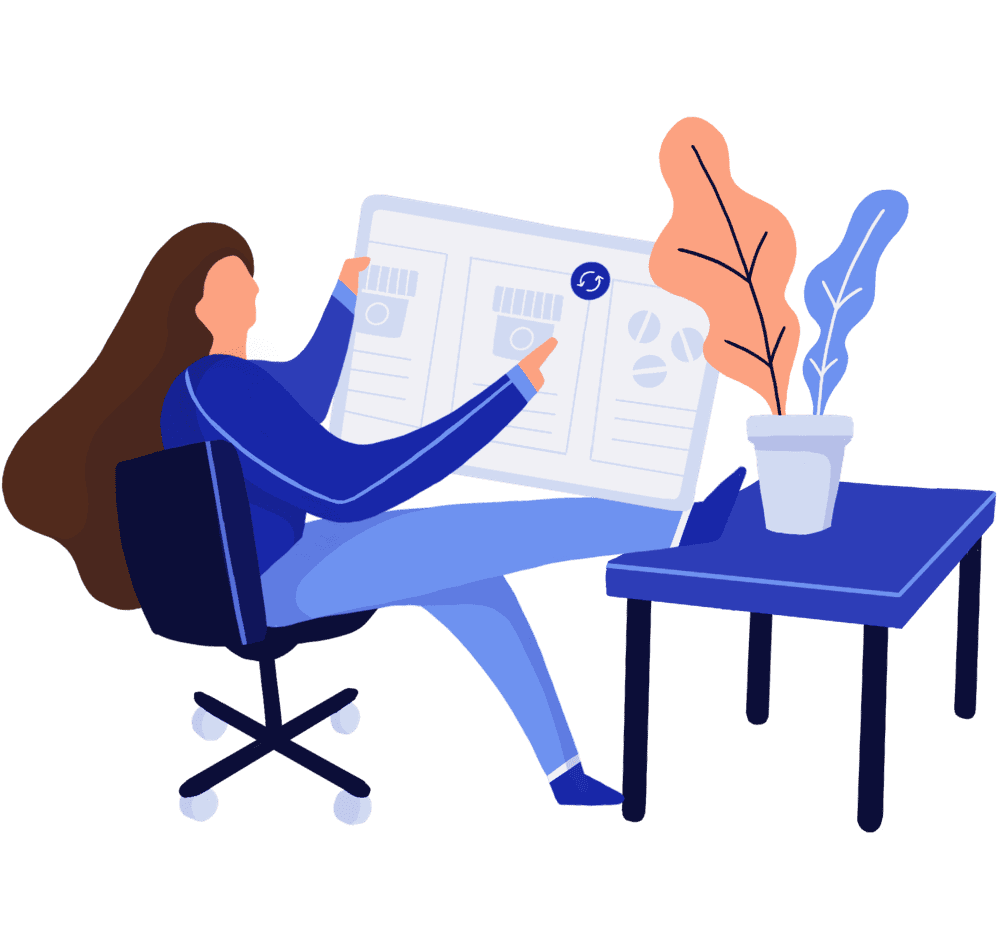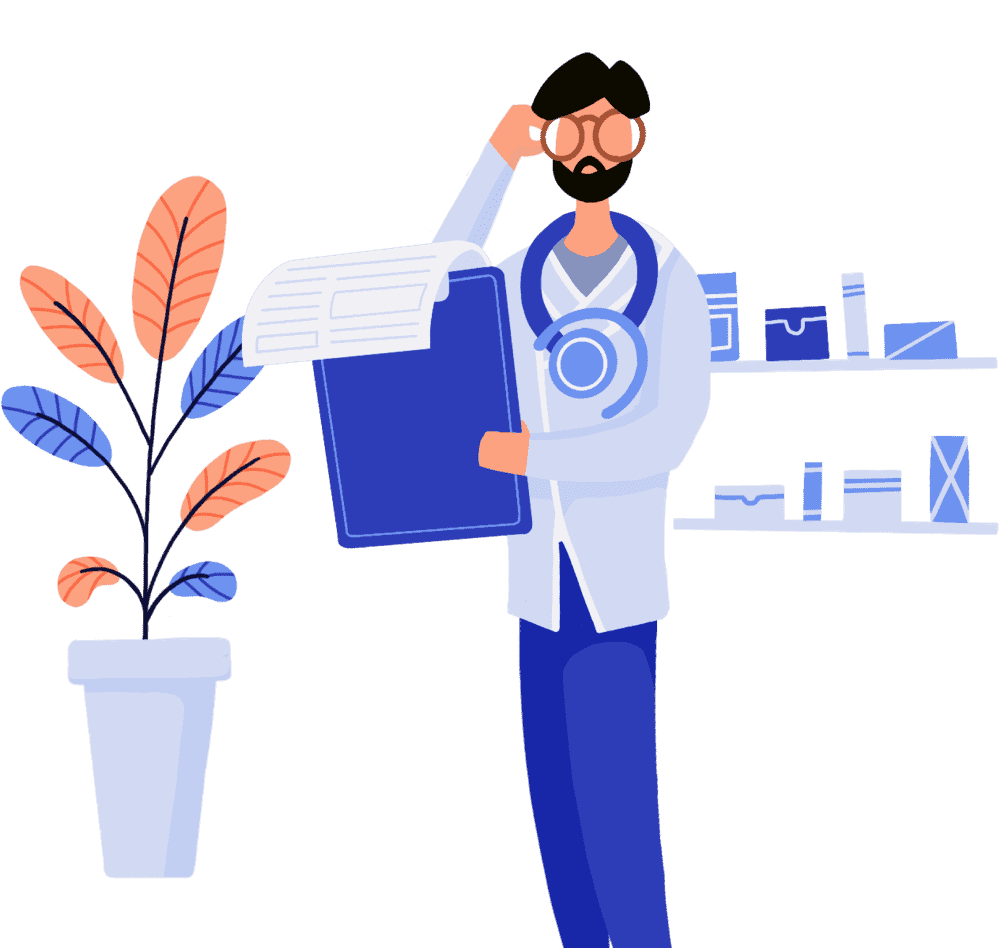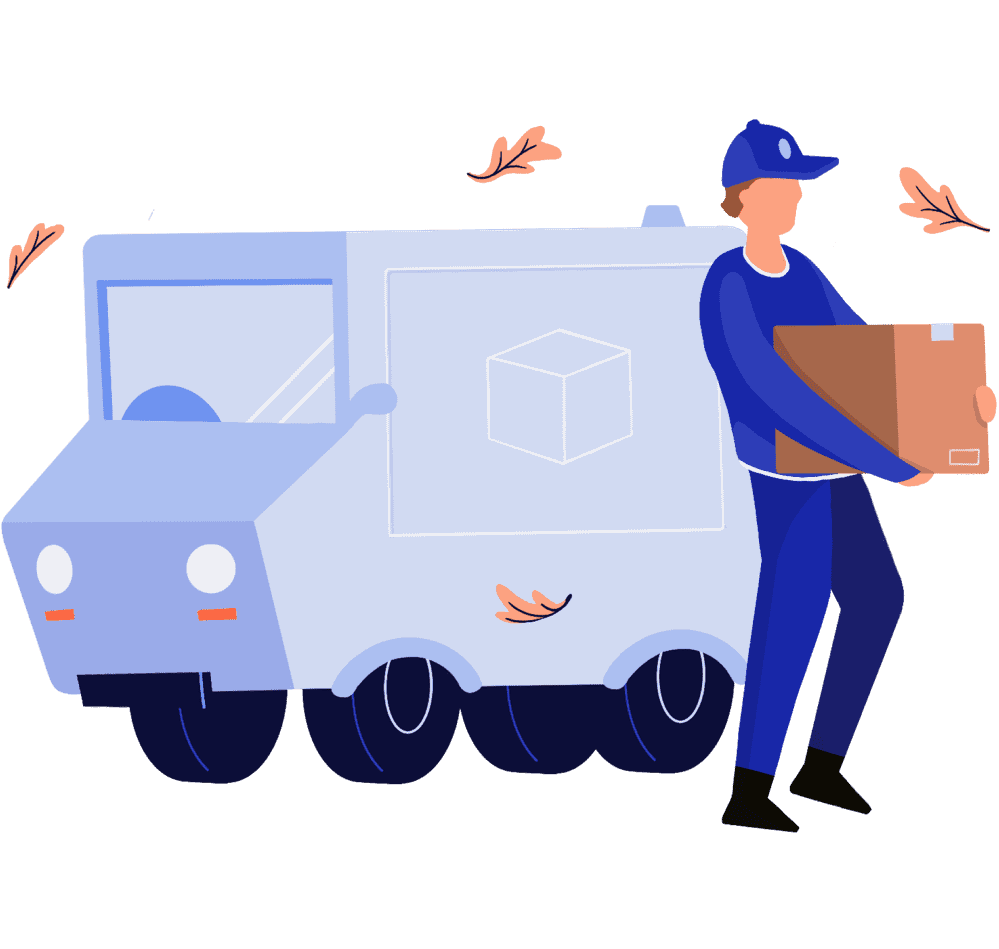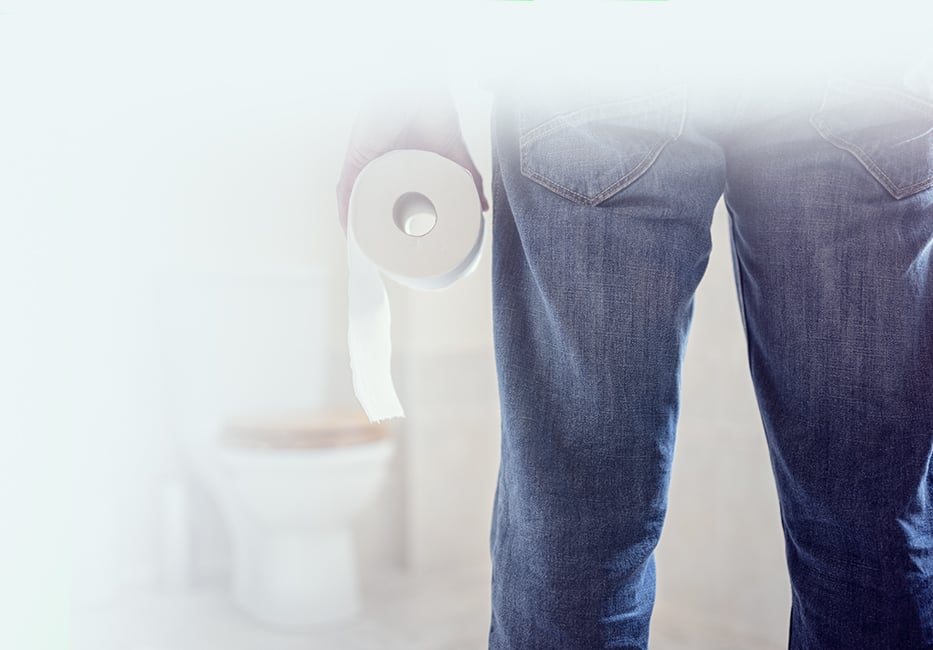Recharge your cells from within and enjoy 20% OFF NAD+ for a limited time only - shop now
- Home
- General Health
- Diarrhoea Treatment
Diarrhoea Treatment
Diarrhoea is a common illness that involves passing stools much more frequently than normal, usually of a looser consistency. Whether it be due to contaminated food, a sickness bug or a bad reaction, UK Meds is on hand to provide you with effective treatments that are sure to clear the unpleasant symptoms and get you feeling normal again.
More Information
What is diarrhoea?
Most people get diarrhoea from time to time, particularly when travelling to foreign countries or eating new foods. Diarrhoea involves going to the toilet and passing stools very frequently; stools that are much looser or more runny than normal. Although the ailment is not dangerous or serious, it can be very unpleasant and prevent people from enjoying daily life (often keeping them home from work, school or university).
It usually only affects people for a limited amount of time (normally a few days to a week) and the length of it largely depends on the cause.
What causes diarrhoea?
There are many different triggers of diarrhoea and the illness usually passes without you being able to identify which it is. The most common cause is gastroenteritis, which is an infection of the bowel brought on by a virus, bacteria or parasite. These organisms are typically picked up through contaminated food, contaminated water, or places with poor levels of hygiene. Hence why travellers often experience diarrhoea when going to developing countries.
An infection is not the only cause though. If you have a food intolerance or allergy then you could experience diarrhoea, and also because of stress or anxiety.
Diarrhoea can be a side effect of many medications (laxatives or antibiotics, for example), as well as a side effect of long-term conditions such as irritable bowel syndrome (IBS) or inflammatory bowel disease (IBD).
How can I treat diarrhoea?
Diarrhoea Tablets
A lot of diarrhoea cases clear up in a matter of days, so treatment is not always required. But the frequency of passing runny stools leads to dehydration, so drinking plenty of water would be your first port of call. You can also lose electrolytes in your stool so a rehydration solution that’s enriched with salts and glucose can get you feeling better again; faster than water alone. You may want to steer clear of solid foods until the diarrhoea has passed, but you may eat them as soon as you feel able.
For particularly severe cases, you may wish to treat diarrhoea with our medication options. We offer next day delivery, ordered from the comfort of your own home, so that you save the troublesome trip to the GP and are able to remain close to a toilet while you are battling diarrhoea. If you experience diarrhoea whilst on the move, our range of traveller's diarrhoea treatments may be able to help you.
Even after the diarrhoea has cleared, you should stay home for at least another 48 hours to prevent the spreading of infection and to reduce the chances of someone else contracting it. Even without treatment, diarrhoea typically clears in a week but if you are noticing prolonged symptoms then you should contact the doctor to see if the diarrhoea is merely a side effect of a more serious condition.
Medication delivered the next day from UK pharmacies



Choose the right treatment
From the comfort of your own home or out on the go, choose the treatment you require from our extensive range.
Complete an online consultation
A vital part of our process, your online consultation will be similar questions to that of a GP. Quick and easy, we guarantee privacy and confidentiality.
Delivered discreetly
One of over 100 of our partner regulated UK pharmacies will dispense and ship the treatment to you in discreet packaging.
Rated out of 5 on 
Great pharmacy. Quick service and lots of information and support.
Swift service
Been with ukmeds and always excellent service. Quick and easy.
No fuss. No double checks. Prompt service
Rated 4.6 out of 5 based on 6898 reviews
Here to help you
Our Customer Service is available Monday to Friday 9am - 5pm. If you need urgent assistance, do not use this service. Call 111, or in an emergency call 999. Visit our help section


